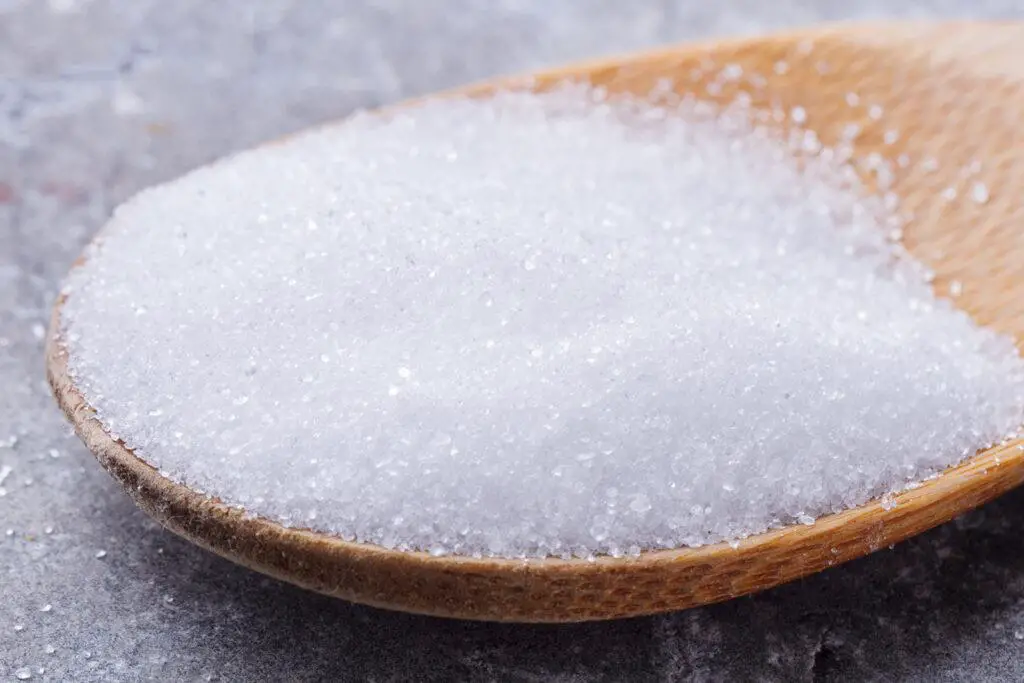- Sugar is not only added to food for taste, but also for functional reasons.
- Sugar alternatives or low sugar foods may not be healthier.
- Removing sugar can be technically challenging.
Important roles of sugar
Aside from making some foods more palatable and providing kilojoules, sugar has many important properties that contribute uniquely to a food’s appearance, texture, and shelf-life. It’s, therefore, an important ingredient in both the foods we make at home and the manufactured foods on our supermarket shelves. Reducing or removing sugar from a product often requires replacement with several substitute ingredients to achieve the same quality, taste and texture profile.
Let’s see some major roles:
As a bulking agent
Sugar contributes to the texture of food, such as in meringue and biscuits. This is an important role of sugar in most baking applications.
As a preservative
Sugar helps to prevent or slow the growth of bacteria, molds, and yeast in jams and other preserves. It also helps to prolong the shelf life of many foods on our supermarket shelves by acting as a humectant – maintaining and stabilizing the water content in foods.
Enhancing flavor
Adding a little sugar to nutritious foods such as sour fruits (frozen berries or rhubarb), or porridge, helps to make them more palatable. Sugar also enhances fruit flavors in foods.
For color
On heating, sugar breaks down to produce the color and desirable flavor that characterizes many cooked foods. This is caused by sugars reacting with proteins as they break down in the cooking process, called the Maillard reaction. A sprinkling of sugar and cinnamon on top of fruit muffins makes for a browned crunchy topping and gives a nice texture.
Adds viscosity
Sugar provides body in drinks and semi-liquid foods like syrups, chutneys, and sweet sauces.
As an anticoagulant
When it’s heated, sugar delays the coagulation of proteins (change in liquid form to solid or semi-solid form), such as in baked custards and other desserts.
